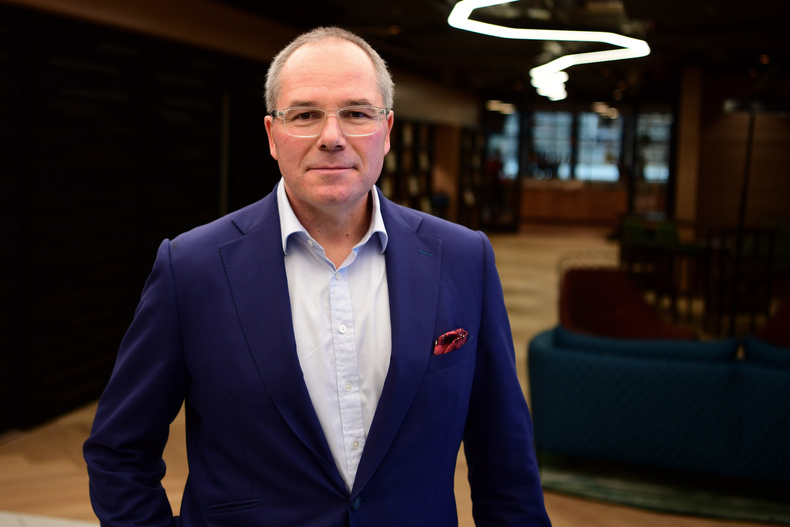Birmingham must focus on inclusive growth and continued inward investment - PwC

Birmingham 's plan to tackle inequalities through a decade of inclusive economic growth will be a key driver in its role in the levelling up of the UK.
That 's according to the latest Demos-PwC Good Growth for Cities Index - which finds Birmingham is experiencing a slower economic recovery than some other large cities.
The Demos-PwC Good Growth for Cities Index ranks 50 of the UK 's largest cities, plus the London boroughs as a whole, based on people 's assessment of 12 key economic wellbeing factors.
The indicators used are safety, income distribution, income, health, work-life balance, environment, transport, jobs, high street & shops, housing, skills and new businesses.
Placing 46th, the index found that Birmingham ranked above average for work-life balance and new business and was around average for health, house prices in relation to earnings, transport, skills among those aged 16-24, income distribution, environment, and safety.
The report also outlines the challenges facing Birmingham in providing growth opportunities for its people and businesses.
It reinforces the need for a comprehensive levelling up strategy, as it scores below average for jobs, income, house ownership, skills (25+), and high street and shops.
The research also finds it has the highest universal credit claimant rate contained in the index at 6.8 per cent in January 2022, down from 8.5 per cent in January 2021.
The West Midlands region also has the seventh highest estimated rate of regional economic growth in 2021, with a GVA growth rate of 6.9 per cent.
The GVA analysis takes into account a city 's sectoral make-up, the impact of the use of the furlough scheme to protect jobs, and rates of Universal Credit claims, Covid infection and mobility rates to estimate GVA growth for 2021 and 2022.
According to the report, manufacturing is the largest sector of Birmingham 's overall economy, accounting for 15.2 per cent, followed by wholesale and retail (12.1 per cent) and real estate (10.7 per cent).
Matt Hammond (pictured), Midlands region leader and Birmingham senior partner at PwC UK, said: “We 're emerging from the pandemic with a new set of priorities and our research makes clear that Birmingham 's decade of growth must be inclusive, with localised plans to address the societal disparities that affect people and could hinder economic recovery.
“Women and people from minority ethnic backgrounds are most likely to have been negatively impacted as a result of the pandemic.
“With the city 's levelling up strategy focused on boosting the local economy by £9bn a year and creating around 75,000 jobs, local leaders and businesses have a key role to play in continuing to attract inward investment, stimulating economic recovery and providing opportunities for a young and growing population.
“The Birmingham 2022 Commonwealth Games brings opportunities to accelerate the redefinition of the West Midlands on national and international stages.
“Through our sponsorship, we 're honoured to play a part in helping deliver the biggest sporting event to happen in the UK for a decade.
“The Games will create around 35,000 new jobs and skills opportunities, and offer training for 13,000 volunteers - exactly what our young and diverse population across the region needs.
“Medium term impacts from investment in HS2, the airport and the development of a distinctive recovery plan for the WMCA area focused on the sector strengths from Wolverhampton through to Coventry and Warwickshire are key. Additionally, investment in the 5G network, medtech and life sciences and the SuperTech cluster are each and all features of the inclusive growth needed for future generations.
“It 's encouraging to see that both work-life balance and new business rank above average.
“The city being able to provide a sustainable growth environment for new business is a pivotal component of levelling up, but the research indicates that employers need to give careful consideration to their flexibility and wellbeing offerings in order to attract, retain and develop their people. ”
